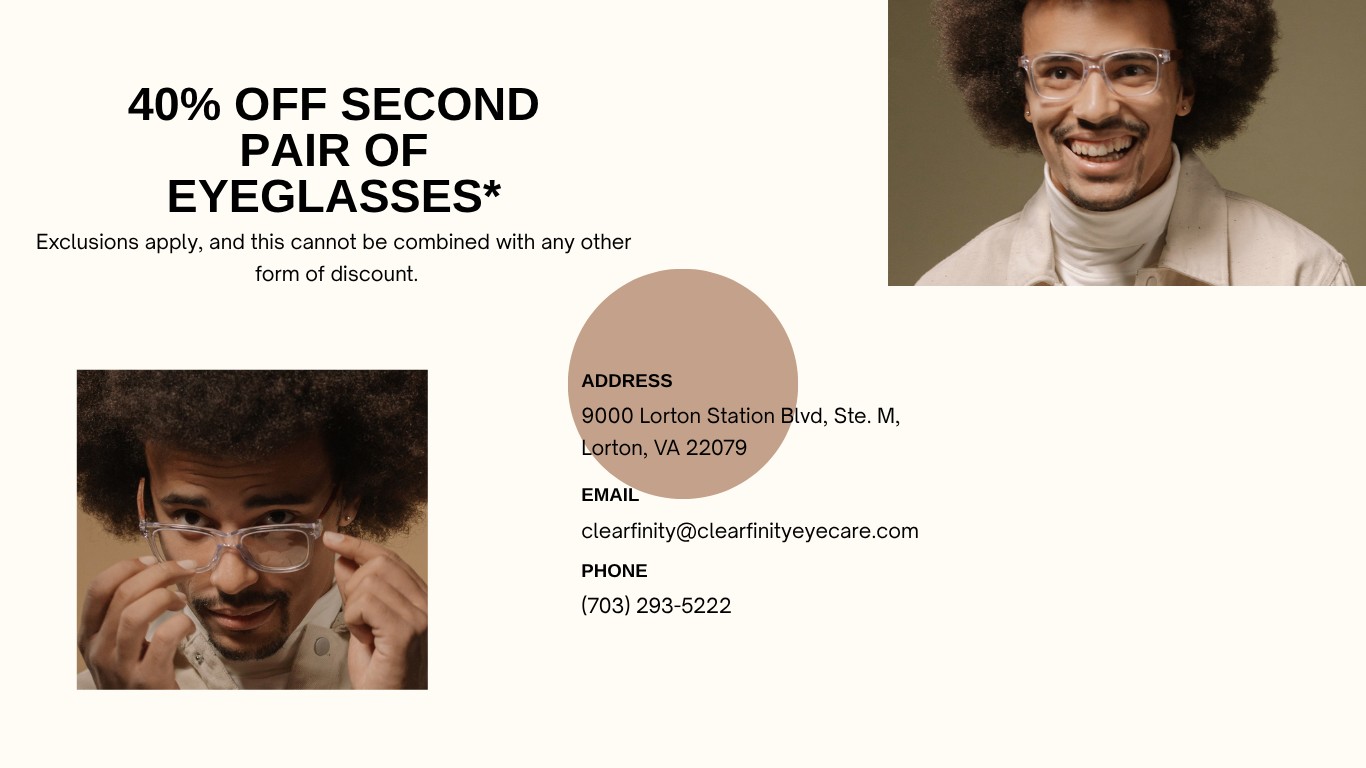
Myopia is a common refractive error that affects many children. It occurs when the eyeball is slightly longer than normal, causing light to focus in front of the retina instead of directly on it. As a result, distant objects appear blurry while close-up objects remain clear. Myopia can develop in children as young as six years old and tends to progress until the late teenage years.
Symptoms of Myopia in Children
Recognizing the symptoms of myopia in children is crucial for early detection and management. If your child frequently squints, tilts their head, or complains of headaches or eye strain, these could be signs of myopia. They may also have difficulty seeing distant objects clearly, have trouble focusing on schoolwork, or exhibit a short attention span when engaging in activities that require visual acuity. If you notice any of these symptoms, it is important to schedule an eye exam with an optometrist.
The Importance of Myopia Management
Myopia management is vital for children because untreated nearsightedness can lead to various complications later in life. High myopia increases the risk of eye diseases such as glaucoma, cataracts, and retinal detachment. Additionally, children with myopia may experience a rapid progression of their refractive error, resulting in the need for frequent prescription changes. By implementing effective myopia management strategies, we can slow down the progression of myopia and reduce the risk of these long-term complications.
Myopia Management Methods
There are several effective methods for managing myopia in children. One option is Orthokeratology, commonly known as Ortho-K. This involves wearing special gas-permeable contact lenses overnight, which gently reshape the cornea, allowing for clear vision during the day without the need for glasses or contact lenses. Ortho-K has been shown to slow down the progression of myopia in children significantly.
Another method is the use of atropine eye drops. Atropine is a medication that dilates the pupil and relaxes the focusing mechanism of the eye. By using low-dose atropine eye drops, we can effectively slow down myopia progression in children. These eye drops are typically used once a day, preferably at bedtime, and are safe for long-term use.
Multifocal contact lenses are another option for myopia management in kids. These lenses have different zones that correct vision at different distances, simultaneously providing clear vision for both near and far objects. By wearing multifocal contact lenses, children can experience better visual acuity while also slowing down the progression of their myopia.
The Role of an Optometrist in Myopia Management for Children
Optometrists play a crucial role in the management of myopia in children. They are trained professionals who can assess and diagnose myopia accurately. Optometrists can determine the most suitable myopia management strategy for your child based on their specific needs and lifestyle. They will conduct regular eye exams to monitor the progression of myopia and make any necessary adjustments to the treatment plan. Optometrists also provide guidance and education to both parents and children about proper eye care and the importance of adhering to the prescribed myopia management regimen.
Schedule Your Child’s Eye Exam with Clearfinity Eyecare Optometrist Today
By recognizing the symptoms of myopia, seeking regular eye exams, and consulting with an optometrist, parents can take the necessary steps to ensure their child's eyesight is properly managed. Options such as Ortho-K, atropine eye drops, and multifocal contact lenses offer effective ways to slow down myopia progression. By taking action now, parents can give their children the best chance at maintaining clear vision and healthy eyes for the future.
Schedule an eye exam with our optometrist to discuss myopia management options for your child and protect their vision for a brighter future, visit Clearfinity Eyecare Optometrist at our office in Lorton, Virginia, or call(703) 260-9908 to book an appointment today.











